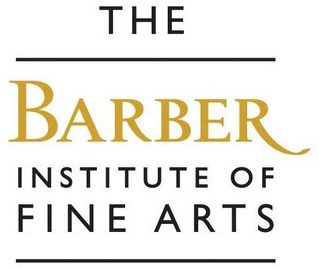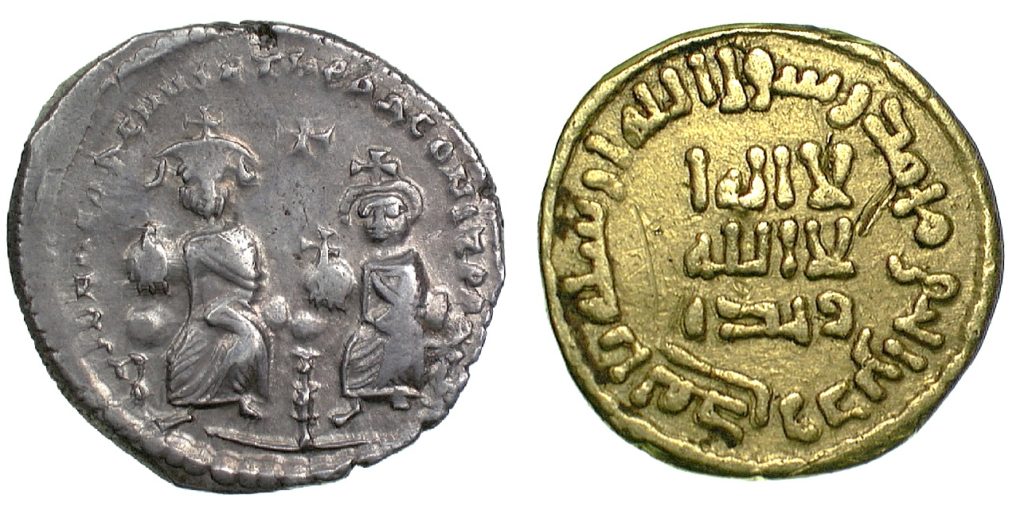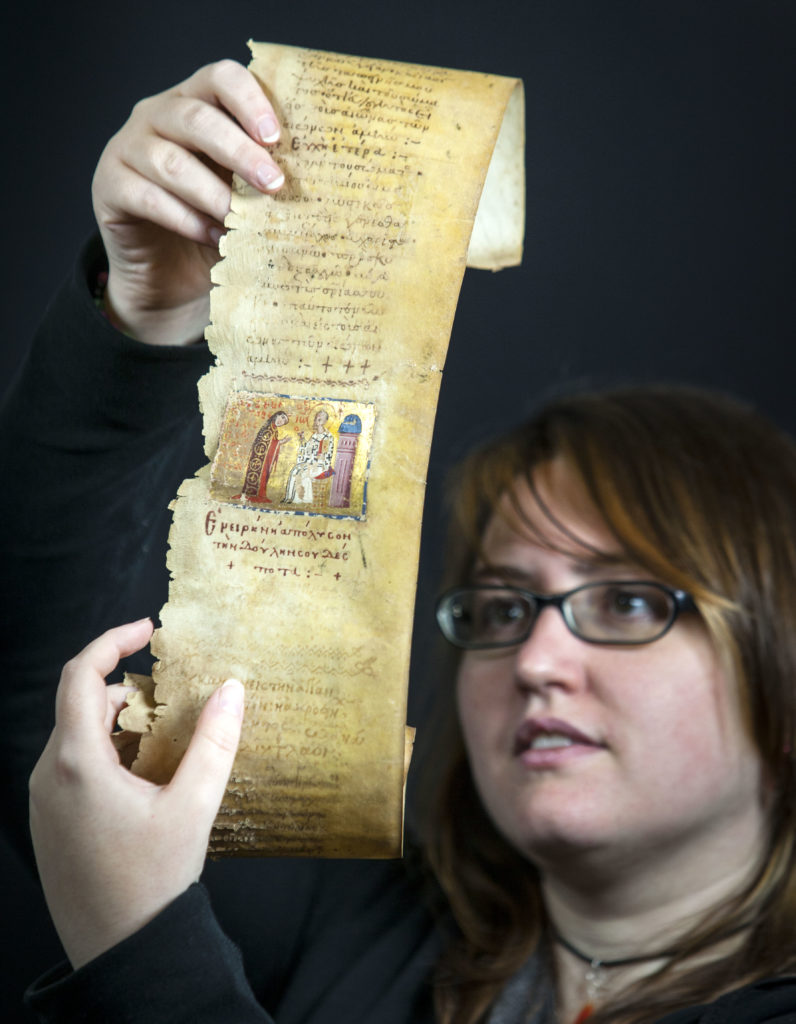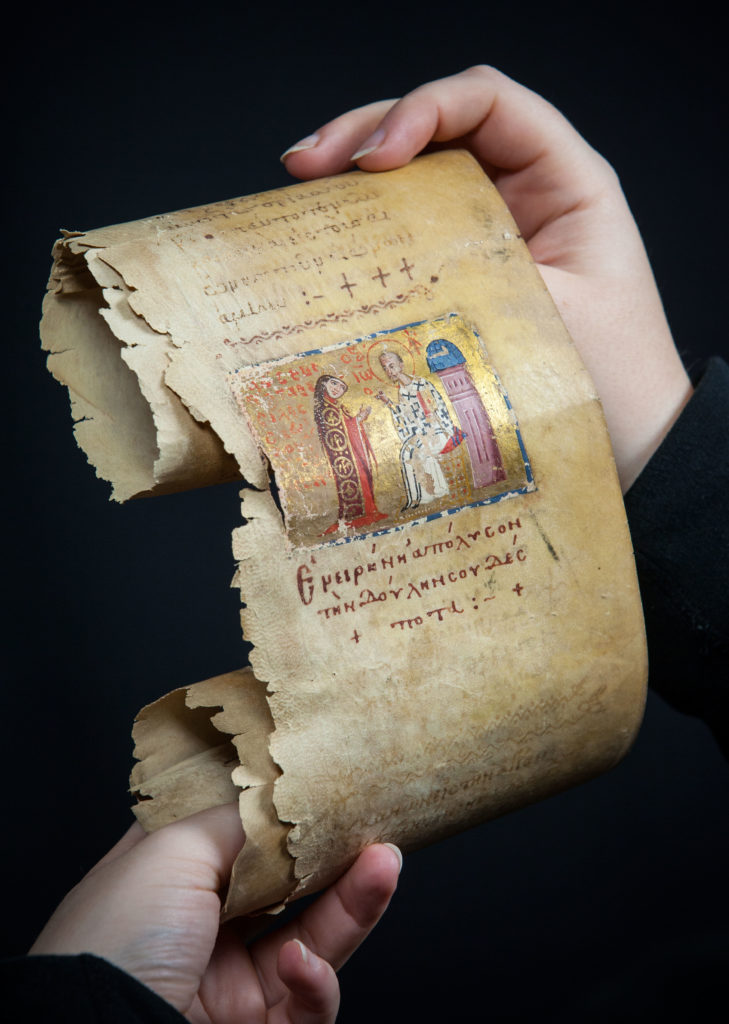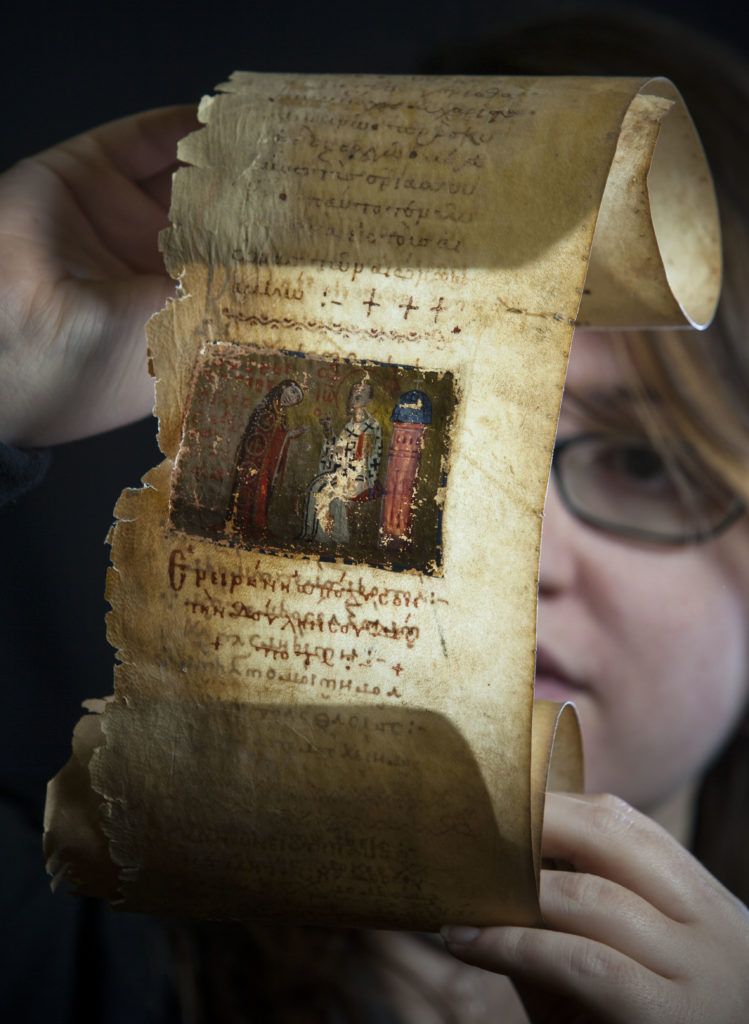Visualising the divine on Byzantine and Early Islamic Coinage
Epochal moments in the early histories of two of the world’s great religions – as illustrated by the currencies their followers created and circulated – are explored in this absorbing exhibition.
Coins have always provided a stage on which the dramas of religion and politics, statehood and rebellion, marriage and succession, and triumph and desperation are played.
In the early seventh century, the East Roman Emperor Herakleios requisitioned silver from Constantinople’s churches to pay his army. The coins bore the petition ‘God help the Romans’.
A generation later the leader of the first Muslim Empire, the Umayyad Caliph Abd Al-Malik, created a gold coinage emblazoned with Islamic verse, establishing a blueprint for Muslim coinage for centuries.
The origins, meanings and manufacturing processes of coinage in the neighbouring Byzantine and early Muslim empires are explored in this exhibition, while two beautiful sacred also reflect how attitudes to depicting religious subjects differ between Islam and Christianity.
The relationship between these two empires was characterised by a constant dialogue of trade, intellectual exchange and military confrontation. This display explored how currency was used by each to assert cultural difference and promote its own concept of the divine.
Curated by Rebecca Darley and Daniel Reynolds, with Ali Miynat and Maria Vrij.
A very engrossing exhibition showing just how interesting coinage is! Thanks. – S. Payne, Sheffield
Very interesting – illuminating explanation of little-known, important period and its culture clashes – Janet Dixon, Bristol
The personal prayer scroll of Eudocia!! What a treat! – Benjamin Aktinson, Birmingham
A far-sighted and intelligent use of the Institute’s materials to make cogent points on the history of today’s unities and divisions – Heather, Cheshire
So cool – especially loved the comparison of the Queen on the 2p to Herakleios! – Kate Schroeder, Kansas, USA
It’s lovely to see this display. It has made me happy to see it – Joseph Parsonage, Bedford
